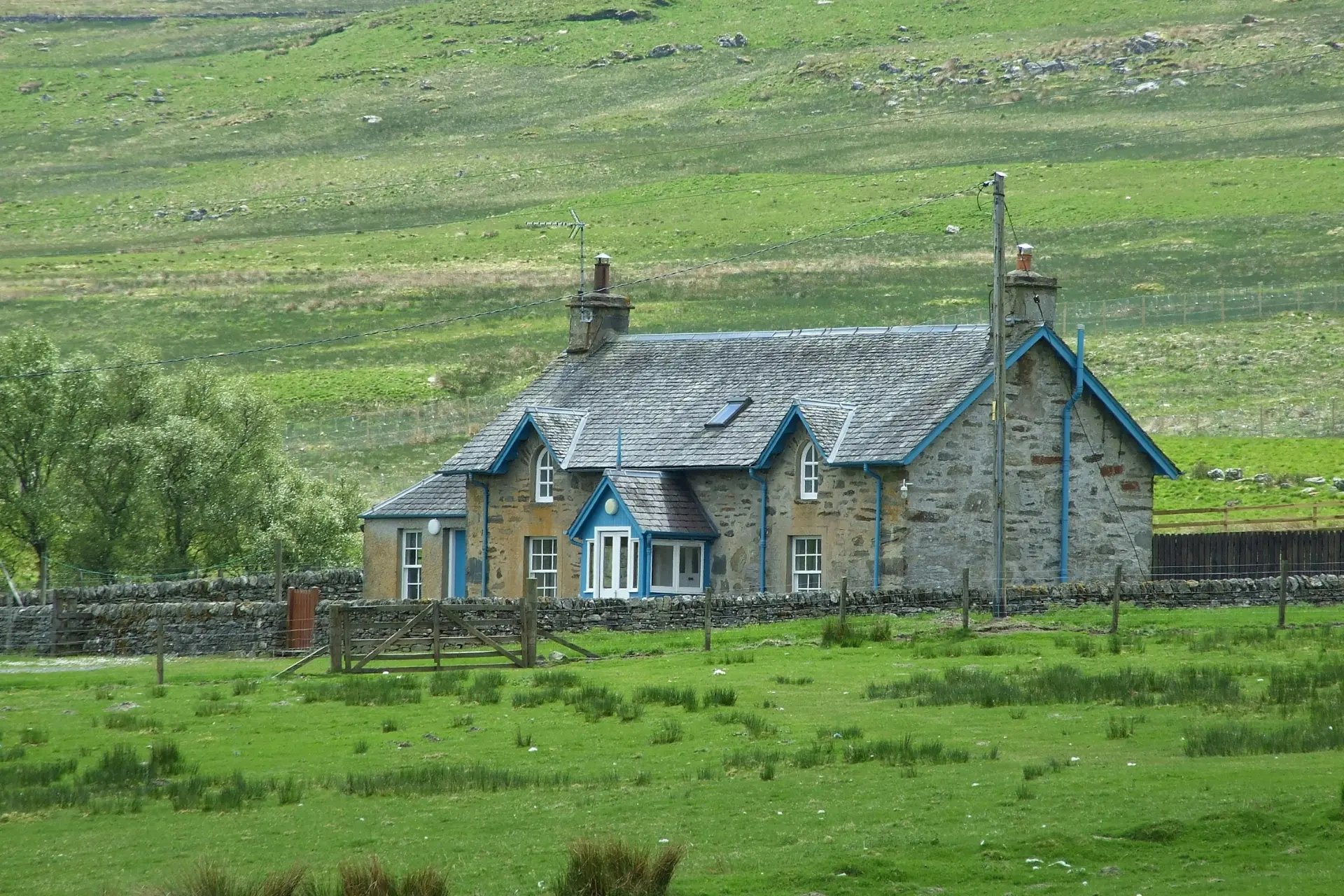
Heating a home in Cardigan can be a constant challenge. The coastal winds and colder winters in West Wales make properties here more vulnerable to heat loss, particularly if the home is older. Many of the houses in Cardigan were built before modern energy-efficiency standards were introduced. This means they often lack proper insulation and have solid walls rather than cavity walls.
Without insulation, a solid wall allows heat to escape very quickly, leading to higher heating bills, colder rooms, and even problems with condensation or damp. In fact, according to the Energy Saving Trust, a home without insulation can lose up to 35% of its heat through the walls.
The good news is that there are now effective solutions available. Solid wall insulation in Cardigan can dramatically reduce heat loss, lower your energy bills, and improve comfort throughout the year. And with government schemes like ECO4 and GBIS offering financial support, it’s more affordable than many people realise.
Solid wall insulation is a method of adding a thermal layer to the walls of a property that does not have a cavity. This layer acts like a blanket, preventing heat from escaping through the walls and keeping warmth inside during colder months.
Homes with solid walls are most commonly those built before the 1920s. Unlike cavity walls, which have a gap filled with insulating material, solid walls are a single layer of brick or stone. This means they are much less efficient at retaining heat.
There are two main types of solid wall insulation:
Investing in solid wall insulation brings a range of benefits that go far beyond reducing heat loss:
Before investing in insulation, it’s important to determine whether your home has solid walls. A quick test is to measure the thickness of your walls at a doorway or window opening:
You can also look at the brick pattern. Solid walls often have bricks laid in an alternating pattern (headers and stretchers visible), whereas cavity walls usually show just the long side of the brick (stretchers).
In Cardigan, many terraced, semi-detached, and stone-built homes were constructed before 1920. These properties almost always have solid walls. Older cottages and traditional stone houses common in rural Ceredigion are also typically solid wall properties.
If you’re unsure, a professional survey can confirm the construction type and advise on the best insulation solution.
The cost of insulating solid walls depends on whether you choose internal or external insulation, the size of your home, and the finish you select.
While the upfront costs can seem high, the long-term savings on energy bills, combined with financial support from ECO4 and GBIS, make insulation a wise investment.
The Energy Company Obligation (ECO4) is a government programme requiring energy companies to help households reduce energy use. For residents in Cardigan, ECO4 funding can cover the cost of solid wall insulation if you meet eligibility criteria.
ECO4 typically targets households that:
If eligible, you could have the majority — or in some cases all — of the costs covered.
The Great British Insulation Scheme (GBIS) is designed to help a wider range of households, including those who may not qualify for ECO4. It provides partial funding for insulation measures.
GBIS support is often based on council tax bands and EPC ratings. Even if you don’t receive benefits, you could still qualify for financial help to reduce your insulation costs.
Together, ECO4 and GBIS remove the biggest barrier to insulation: the cost. Many households in Cardigan will qualify for at least partial support, making insulation not only affordable but also a practical step towards lowering energy bills.
At Green Homes Group, our goal is to make the process simple. We know that understanding government schemes can be confusing, so we offer a free home survey in Cardigan to take the stress out of it.
Here’s what we do:
By working with us, you’ll avoid confusion, save time, and ensure you get the right support.
This clear process ensures you won’t be left guessing or worrying about costs.
Internal insulation does not affect the external appearance. External insulation will change the look but can give your home a modern, fresh finish.
Internal insulation requires moving furniture and redecorating. External insulation is carried out outside, so the disruption indoors is minimal.
Internal insulation usually takes one to two weeks. External insulation takes two to four weeks, depending on property size and complexity.
For external insulation, planning permission may be required if your home is listed, in a conservation area, or if you want to significantly change the façade. Ceredigion County Council can confirm this.
There are strong reasons not to delay:
Solid wall insulation is one of the best investments you can make for your home in Cardigan. It cuts heating costs, improves comfort, raises your property value, and reduces your carbon footprint.
Thanks to ECO4 and GBIS, the financial barrier is much lower than many people expect. With the right advice and support, insulation could cost you very little — or even nothing at all.
At Green Homes Group, we make it easy. Book a free home survey today, and let us check your eligibility, guide you through the process, and connect you with trusted local installers.
Don’t wait – act now and discover how solid wall insulation in Cardigan could transform your home.